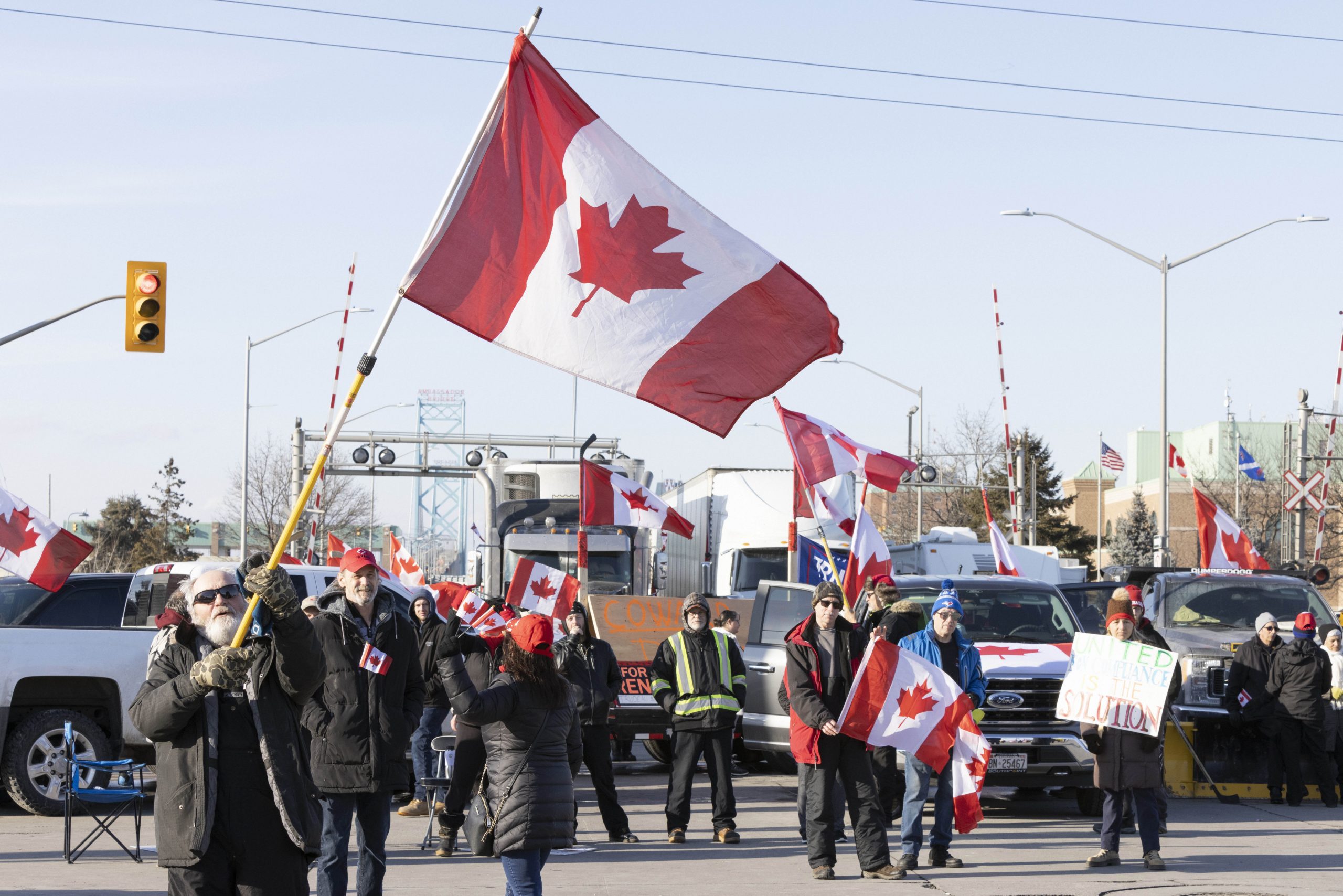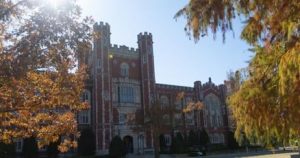The premier of Canada‘s largest province has proclaimed a state of emergency, telling protestors who are blocking traffic at a crucial U.S. border crossing that if they don’t leave, they would face harsh punishment.
Also read: In Pics | ‘Freedom Convoy’ protests continue as US urges Canada to act
In a news conference with his solicitor general on Friday, Ontario Premier Doug Ford said the government is enacting new measures to resolve the blockade, including fines of up to C$100,000 ($78,800) and jail time.
“We will also provide additional authority to consider taking away the personal and commercial licenses of anyone who doesn’t comply with these orders,” Ford said, according to prepared remarks.
Also read: Convoy protests over anti-vaccine continue in Canada’s Ottawa: What we know so far
Since Monday night, the Ambassador Bridge connecting Windsor, Ontario and Detroit has been largely closed. The pipeline transports nearly a quarter of all commercial goods between Canada and the United States. Protesters agreed Friday morning, according to CTV News and other media sites, to clear enough room for a lane of traffic to go from Detroit to Windsor.
An offshoot of protests in Ottawa began on January 28 in an attempt to abolish vaccine mandates and other Covid-19 regulations. Under Prime Minister Justin Trudeau, the movement has morphed into a broad public outcry against government encroachment. Copycat protests have already taken place in New Zealand and France, and they are expected to expand to the United States in the following days.
Also read: Truck blockade at US-Canadian border shuts auto plants
Later Friday, a provincial court will hear a plea for an order to remove the bridge. If demonstrations continue to restrict that and other important trade routes, Canada faces a first-quarter economic decline. Economists also fear that extended supply chain disruptions might push inflation higher than the three-decade highs seen recently.







